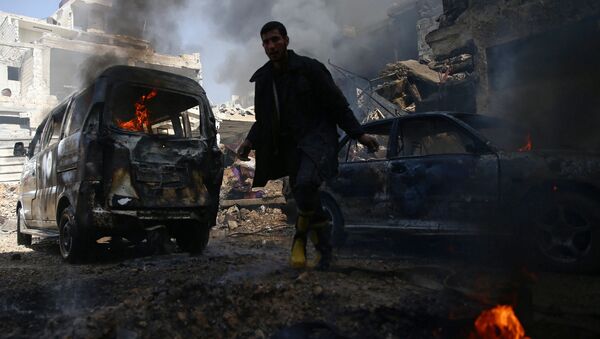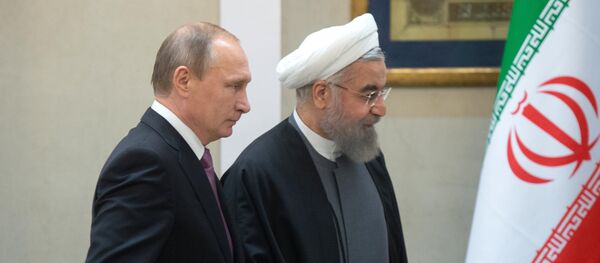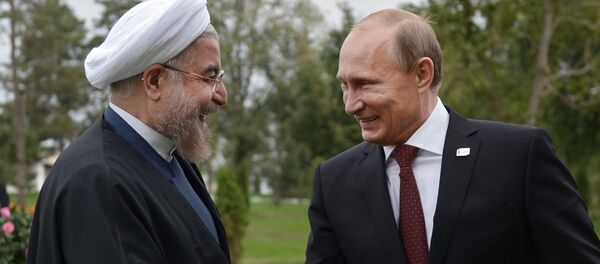"To a large extent the future of Syria, Iraq and the Middle East depends on Moscow and Tehran and whether their activities are coordinated," he observed. Furthermore, "our cooperation is capable of bringing peace and ensuring order in a vast area, stretching from the Mediterranean to Pakistan."
Akopov referred to Iran as "one of the most significant countries" for Russia in the world, placing the Islamic Republic on the same list as China, France, Germany, Italy, Japan, Turkey and the United States. He pointed to Russia's cooperation with Iran and Turkey as a promising initiative that could have major security implications for the Middle East.
Moscow, Ankara and Tehran "could pave the way for a new chapter in the history of the Middle East" if they expand cooperation beyond Syria, the analyst said. This new stage would entail regional stakeholders resolving key challenges, while outside forces, notably the United States and Great Britain, would have a more limited role.
"If Russia, Iran and Turkey manage to put an end to the Syrian conflict, this will be a turning point for the region in general," Akopov suggested.
Akopov further mentioned that both countries will greatly benefit from deepening cooperation in trade, energy and infrastructure.
Never miss a story again — sign up to our Telegram channel and we'll keep you up to speed!






